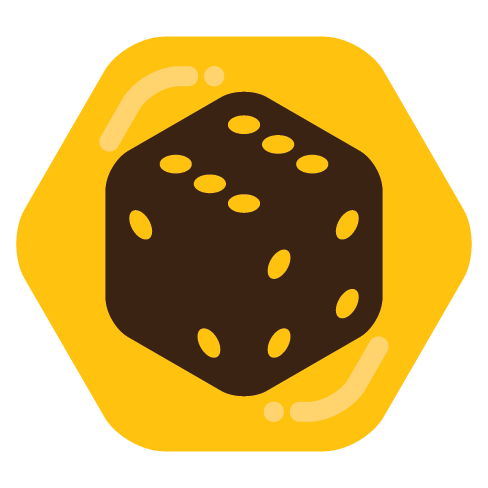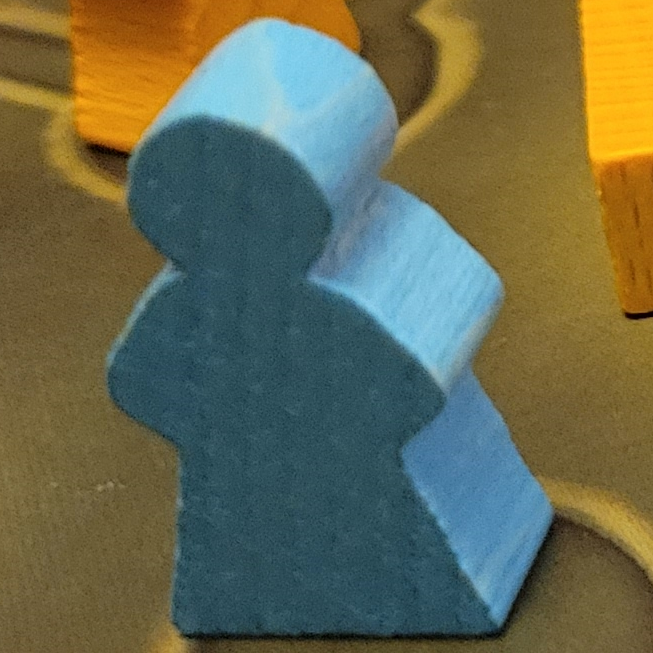

Juurikin näin ja tätä eroa valitettavan vähän korostetaan uutisoinnissa.
Kyse on juurikin uskon asiasta koska ei nyt tiedetä mitä tapahtui joilla eri todennäköisyyksiä. Siispä ei voida tietenkään uutisoida siitä mitä tapahtui, ainoastaan uskomuksista siihen liittyen.








I was part of some exploration guilds in World of Warcraft with the aim to explore every inch of the Azeroth, get beyond every instance border and just climb hard terrain even if there was an easier way up.